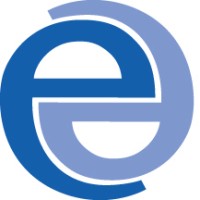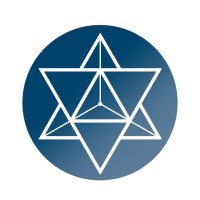
Equinox Open Library Initiative
Equinox Open Library Initiative is a nonprofit company engaging in literary, charitable, and educational endeavors serving cultural and knowledge institutions. As the successor to Equinox Software, Inc., the Initiative carries forward a decade of service and experience with Evergreen and other open source library software. At Equinox OLI we help you empower your library with open source technologies.






